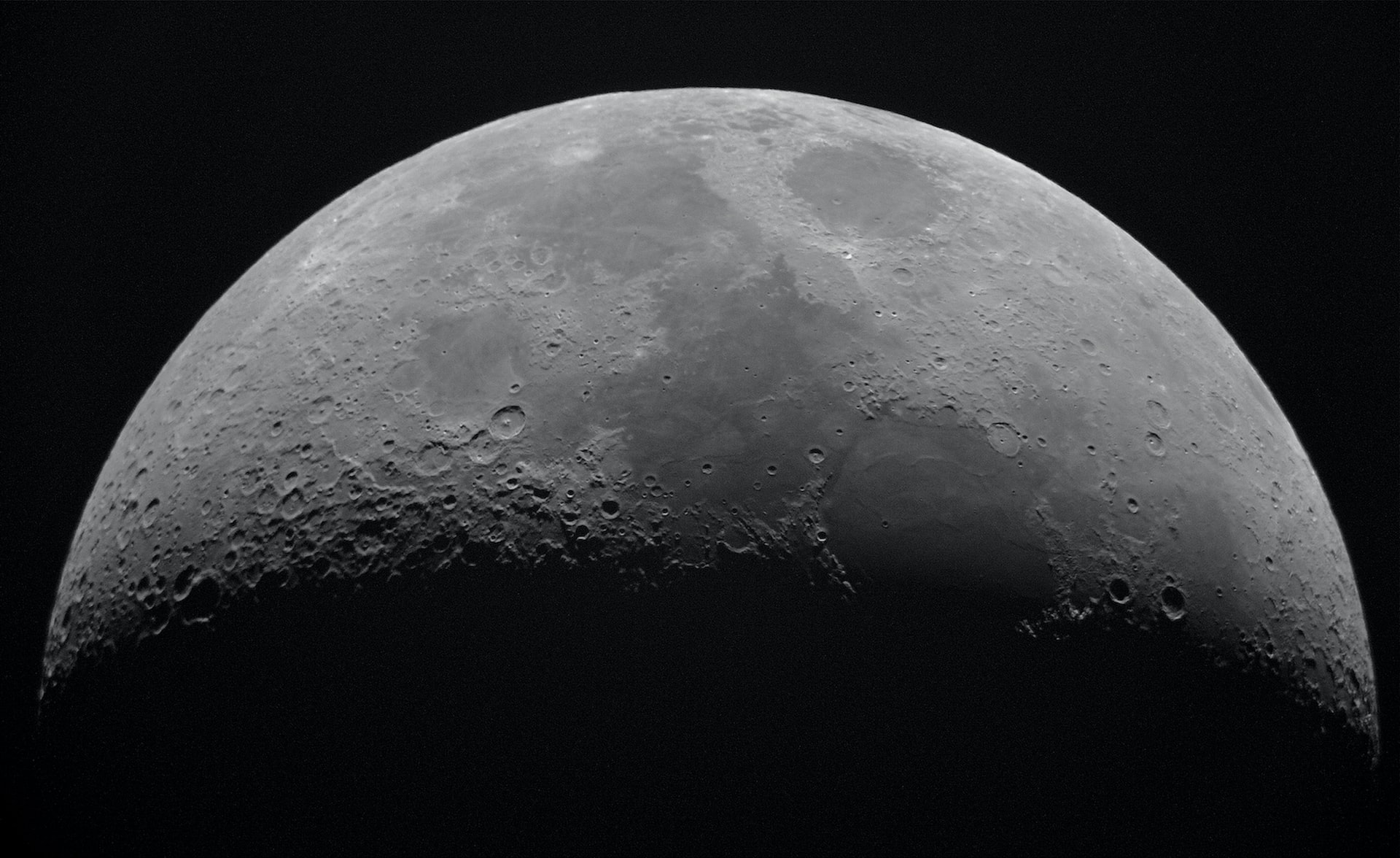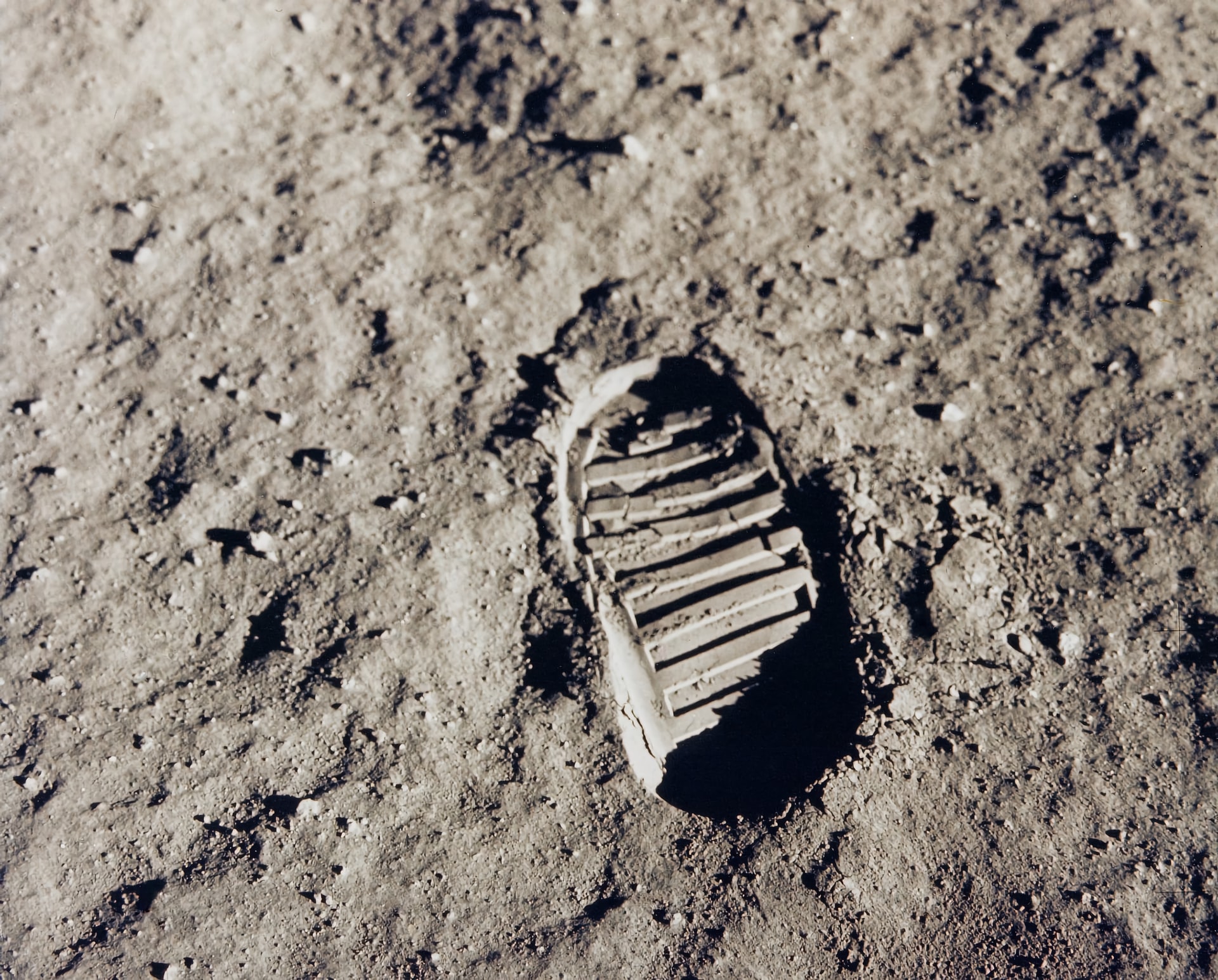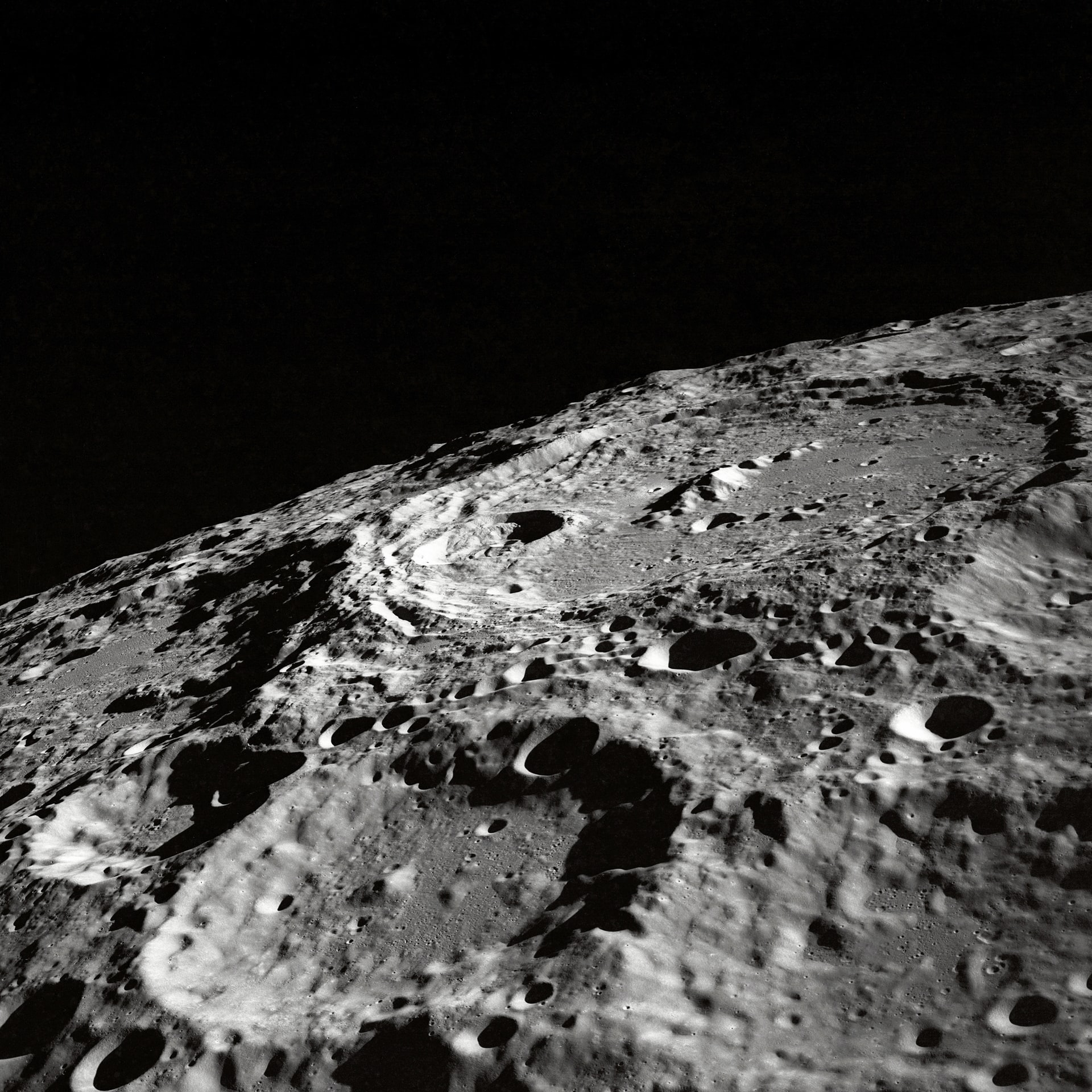
Orbit Recycling selected for "Start-up Support Programme SSP" by ESRIC
Published on Thu, 31.03.2022 – 17:52 CEST in R&D, covering Orbit RecyclingThe European Space Resources Innovation Center (ESRIC) invited startups to apply for funding under the Start-up Support Programme (SSP) by the end of January 2022. One of the five young companies selected is Orbit Recycling. Its aim is to recycle space debris.
Space debris as resource for a lunar base
Since October 1957, more than 6,000 rockets have been successfully launched into space. The pioneers of space travel were probably already aware of the limited space available, especially in low-Earth orbit. Nevertheless, the issue of disposal was put off for a long time, so that today objects with a total mass of more than 9,800 tons are orbiting the Earth. This is not only a danger for the ISS or satellites, but for space flight as a whole. While numerous concepts aim to let space debris burn up specifically in the Earth's atmosphere, Orbit Recycling strives for reuse. After all, the upper stages of rockets, for example, are valuable resources that can be used, for example, to build a lunar base.
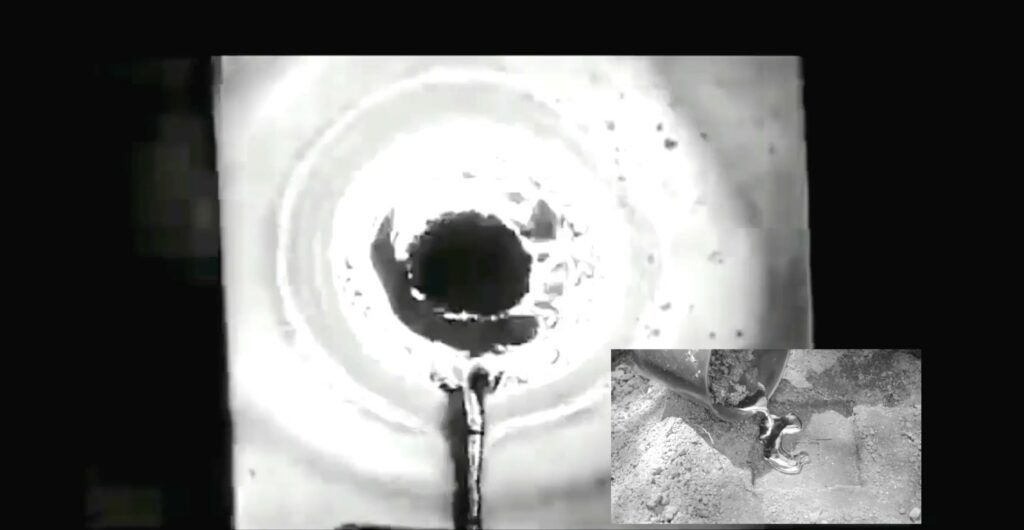
Anyone who talks to the founder of Orbit Recycling, Frank Koch, is inevitably infected by his enthusiasm for the project. He is not sparing with the technical know-how on which his idea is based. Some time ago, he already convinced experts at the ESA with this - and now also the jury of the SSP. Orbit Recycling is now one of five start-ups to receive funding.
Up to 200,000 euros in funding possible
A total of 33 applications were received from 17 countries around the world. The spectrum ranged along the entire value chain from eexploration, extraction, robotic technology, waste management, or manufacturing. From this list, a jury selected a total of five startups that will begin a three-month pre-founding phase in the coming weeks. This means that they will validate their technical concepts and tailor them to the requirements of the market. In the process, they will receive support for the technical and commercial aspects of their venture.
After this phase, the best project is selected for a two-year incubation phase. In this phase, the selected start-up is then expected to solidify its technical value proposition and further develop its business model. This is accompanied by further support, both technical and financial: the start-up is awarded funding in the form of a non-repayable grant of up to 200,000 euros.
This will be followed by a 36-month residency phase, during which technical developments will be pursued and sales and the number of customers will be further increased.
Luxembourg (once again) as a driver of innovation in space activities
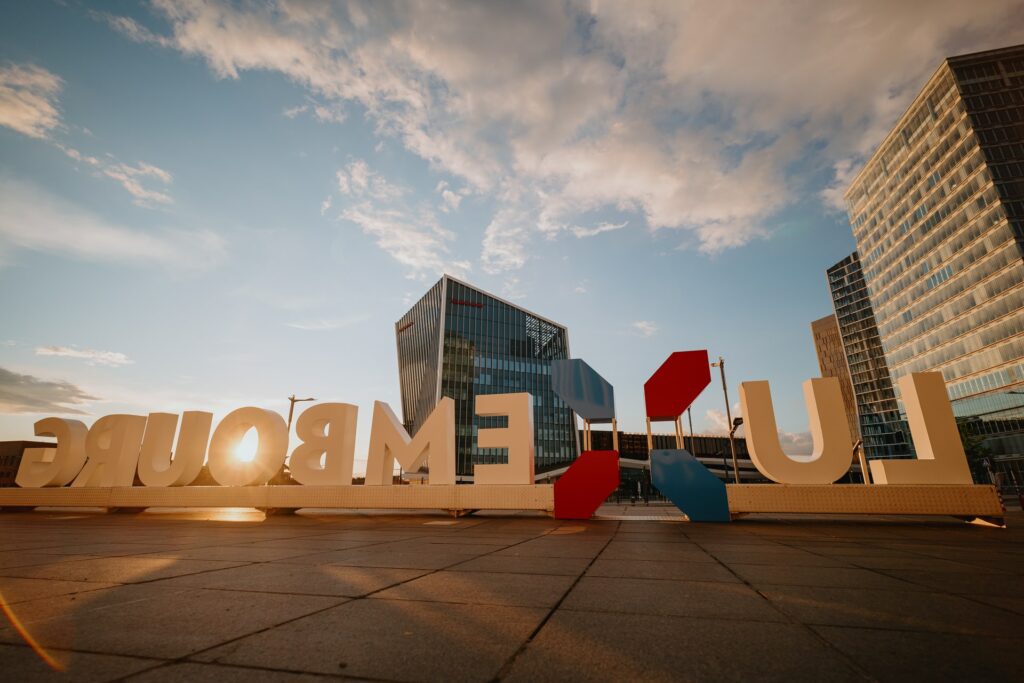
The Grand Duchy of Luxembourg plays a particularly important role in promoting startups. A few years ago, this state with a population of around 600,000 decided to focus more on space travel. With success, as it turns out. Luxembourg now has the highest density of space companies in Europe. The ESRIC is considered Europe's leading research and innovation center in the field of space resources and is located in Esch-sur-Alzette, not far from the French border.
Funding under the SSP is provided in collaboration with the Luxembourg Space Agency (LSA), the Luxembourg Institute of Science and Technology (LIST), Technoport (Luxembourg's main technology incubator) and the European Space Agency (ESA).
Five start-ups driven by enthusiasm, innovation and entrepreneurial spirit
Commenting on Luxembourg's special position, its Minister of Economy, Franz Fayot, says: "As part of the SpaceResources.lu initiative, the ESRIC programme to support young innovative companies further consolidates the pioneering role that the Grand Duchy plays in this field in Europe, while contributing to the attractiveness and international visibility of the Luxembourg space ecosystem." Lari Cujko, SSP Officer at ESRIC, adds, "We had the chance to meet the next generation of companies in the space resources sector, and were impressed by their enthusiasm, their innovative ideas and their entrepreneurial spirit. The 33 applications received, in a wide variety of fields, prove the interest in the sector and its economic potential."
Applications received were evaluated based on criteria such as the project's relevance to the space resources market and/or economy, technology, business objectives, planning and execution, and project team.
Start-ups funded within the SSP
| Start-up | Business concept |
|---|---|
| Astroport Space Technologies San Antonio (Texas, USA) | Astroport uses lunar dust (regolith) to make building blocks and materials for 3D printing lunar infrastructure. Their expertise is in 3D building printing, site preparation, regolith processing and refinement, robotics, and space architecture. |
| Anisoprint Sarl Monnerich (Luxemburg) | Anisoprint is working to develop equipment that will enable 3D printing of composite tools, components, repair parts and structural elements under zero and low gravity conditions. Their project is designed to support the development, extraction and utilization of space resources. |
| Adventus Interstellar Buenos Aires (Argentinien) | Adventus Interstellar focuses on the design and construction of rover landing systems based on tensegrity, i.e. the "internal balance" of a structure through the distribution of tensile and compressive forces. Thanks to this technology, the company aims to establish space services at very low cost. |
| Four Point Sp z o.o. Wrocław (Polen) | Four Point aims to reduce the environmental impact of open pit mines through new technological innovations focused on monitoring, Big Data analytics, and autonomous machinery for mining and transportation. |
| Orbit Recycling Berlin (Deutschland) | Orbit Recycling aims to remove space debris from Earth orbit and transport it to the Moon for recycling. |
SSP to be continued in another round
"The SSP programme is part of the perspective of consolidating an ecosystem of technical and commercial players," says Mathias Link, ESRIC's interim director. "It is one of the four pillars of ESRIC and will contribute to promoting effective collaboration models with start-up companies and the development of technologies dedicated to the use of space resources. This initiative is essential for the development of the sector and I am delighted with the interest that this first call has generated.”
After the first successful call for applications, the program will continue. The next round will start in June 2022, with the exact dates to be publicly announced during Space Resources Week, which will be held in Luxembourg from May 3-5, 2022.
